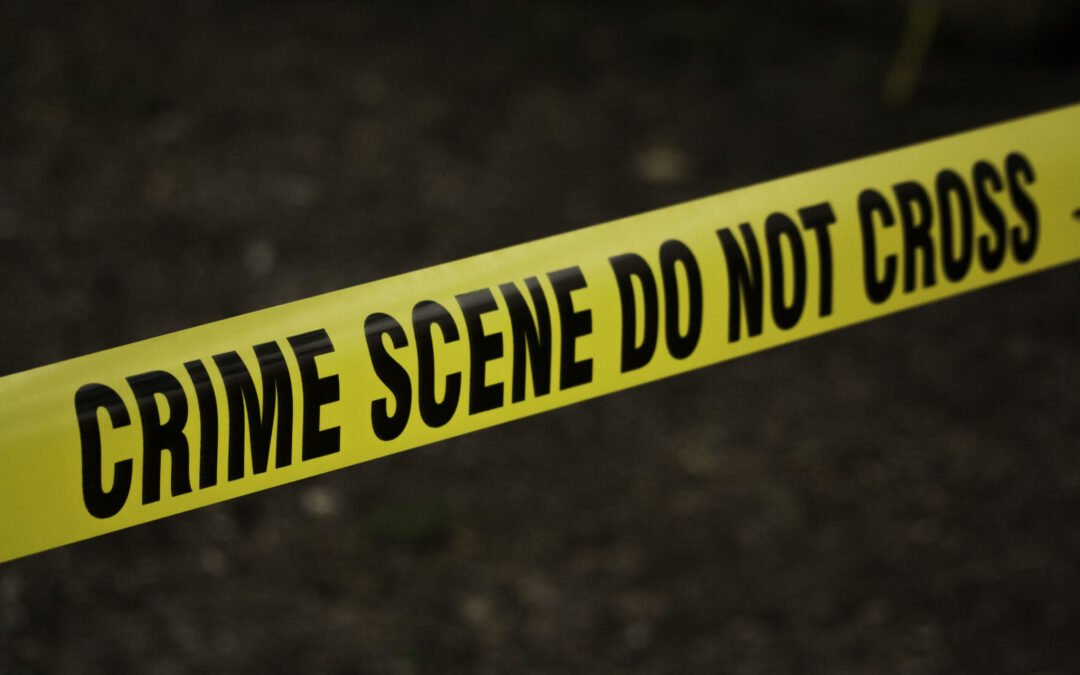When a crime occurs, the immediate focus is on law enforcement and forensic investigations. However, once the authorities have completed their work, the crime scene must be thoroughly cleaned and sanitized. This is where crime scene clean up services come in. These professionals play a critical role in restoring the affected area to a safe and habitable condition. Their work involves dealing with biohazards, emotional challenges, and adhering to strict regulations. Understanding the importance of crime scene clean up sheds light on the essential services these professionals provide.
What is Crime Scene Clean Up?
Crime scene clean up involves the thorough cleaning, sanitizing, and deodorizing of sites where violent crimes, accidents, or other traumatic events have occurred. This process is essential not only for aesthetic reasons but also for health and safety. Crime scenes often contain biohazardous materials such as blood, bodily fluids, and other potentially infectious substances. Professional crime scene cleaners are trained to handle these materials safely and effectively.
The Scope of Crime Scene Clean Up
Crime scene clean up services cover a broad range of situations, including:
- Homicides and Suicides: These incidents often result in significant bloodshed and tissue damage, requiring meticulous cleaning and disinfection to prevent the spread of bloodborne pathogens.
- Accidents: Serious accidents, whether at home, in the workplace, or on the road, can leave behind hazardous materials that need proper handling and removal.
- Unattended Deaths: When a person dies alone and their body is not discovered for some time, decomposition can create severe sanitation issues. Professional cleaners are essential in addressing these situations.
- Crime Scenes: Beyond homicides, other crimes such as assaults or robberies can leave behind biological and chemical hazards that require expert cleaning.
The Cleaning Process
Crime scene cleaning is a complex process that involves several key steps:
- Assessment: The first step is a thorough assessment of the scene to determine the extent of the contamination and the appropriate cleaning methods and materials required.
- Containment: To prevent the spread of biohazards, cleaners establish containment zones. This often involves sealing off affected areas and using specialized equipment to control the environment.
- Removal of Biohazards: All visible biological materials, including blood, tissue, and bodily fluids, are carefully removed and disposed of according to local, state, and federal regulations.
- Cleaning and Disinfection: The entire area is then cleaned and disinfected using hospital-grade cleaning agents. This step is crucial to eliminate any remaining pathogens and ensure the area is safe.
- Deodorization: Odors from decomposition or chemical residues are removed using advanced deodorization techniques such as ozone treatment or thermal fogging.
- Restoration: In some cases, structural repairs may be needed to restore the property to its pre-incident condition. This could involve replacing drywall, flooring, or other materials.
Health and Safety Considerations
Crime scene clean up poses significant health risks, which is why it is crucial to use professional services. Blood-borne pathogens, bacteria, and viruses can be present at crime scenes, and improper handling can lead to infections and diseases. Professional cleaners use personal protective equipment (PPE) such as gloves, masks, and suits to protect themselves. They also follow strict protocols for the safe disposal of biohazardous waste.
Emotional and Psychological Aspects
Cleaning up after a traumatic event is not only physically demanding, but also emotionally challenging. Crime scene cleaners often work in environments that are distressing and can trigger strong emotional reactions. It is essential for these professionals to have access to psychological support and counseling to help them cope with the emotional toll of their work. Their ability to handle these situations with compassion and sensitivity is a testament to their dedication and professionalism.
Regulations and Compliance
Crime scene clean up is governed by a range of regulations to ensure safety and compliance. Cleaners must adhere to guidelines set by organizations such as the Occupational Safety and Health Administration (OSHA) and the Environmental Protection Agency (EPA). These regulations cover everything from the proper use of PPE to the disposal of biohazardous waste. Compliance with these standards is essential to protect both the cleaners and the public. Contact Us.
The Expertise of Professional Crime Scene Cleaners
Professional crime scene cleaners bring a wealth of expertise to their work. They are trained in the latest cleaning techniques and equipped with state-of-the-art tools. Their experience allows them to handle even the most challenging situations with efficiency and care. Choosing a reputable crime scene clean up service ensures that the job is done right, providing peace of mind to property owners and allowing them to move forward.
Crime scene clean up is an essential service that goes beyond mere cleaning. It involves meticulous attention to detail, adherence to strict health and safety standards, and a compassionate approach to handling traumatic situations. Professional crime scene cleaners play a vital role in restoring safety and normalcy to affected areas, making them indispensable in the aftermath of a crime or traumatic event. Their work ensures that properties are thoroughly sanitized and safe, allowing communities to heal and rebuild.

